
5 Mouth Symptoms That Could Signal Cancer – Don’t Ignore the Pain
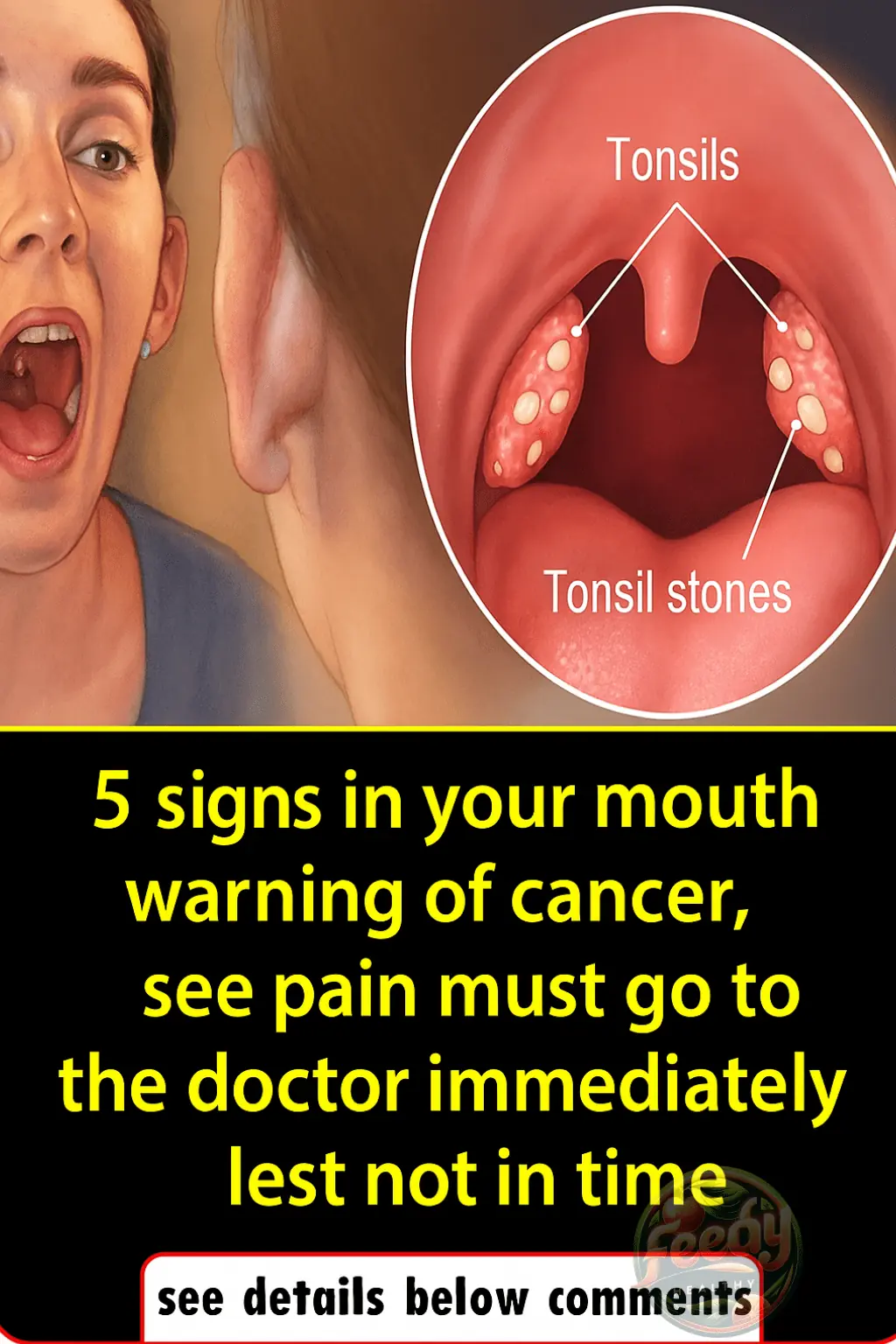
Oral cancer is a common yet often overlooked disease because its early symptoms can resemble minor dental or throat issues. However, if you experience any of the following signs, it’s crucial to seek medical attention as soon as possible.
1. Tongue Pain and Difficulty Chewing
Persistent tongue pain, weakened teeth, or difficulty chewing may be early warning signs of oral cancer. These symptoms are often mistaken for ordinary mouth ulcers or dental problems and ignored until it’s too late.
2. Chronic Sore Throat
A sore throat that doesn’t go away, even after using remedies like honey, lemon lozenges, or saltwater rinses, may indicate something more serious. If the pain persists, especially with hoarseness or swollen glands, consult a doctor immediately to rule out oral cancer.
3. Unexplained Bleeding in the Mouth
Bleeding in the mouth without an obvious cause—such as injury or brushing—can be a red flag. If you notice bleeding after eating, brushing, or even spontaneously, and especially if it’s recurrent, don’t ignore it.
4. Persistent Ulcers
Ulcers in the mouth that don’t heal within a month, especially in a fixed location, may be a sign of cancer. These ulcers often have irregular, raised, or hardened edges, may smell foul, bleed easily, and don’t respond to usual treatments. A biopsy is usually recommended to determine the cause.
5. Wart-like or Bumpy Lesions
Small cauliflower-like growths or raised bumps in the mouth, often accompanied by ulcers or bleeding, can also be symptoms of oral cancer. These growths don’t heal on their own and may grow larger or spread.
Warning: Early Metastasis Risk
Oral cancers, particularly those affecting the tongue or floor of the mouth, tend to spread early to nearby lymph nodes in the neck, jawline, or under the chin. Enlarged lymph nodes can compress airways, invade blood vessels, cause breathing difficulties, intense headaches, or even lead to massive bleeding in the jaw and facial area—potentially fatal if not treated promptly.
Advice: Never ignore persistent changes in your mouth. If you notice an ulcer that lasts more than two weeks, unexplained bleeding, pain, or swollen neck glands, consult an oral health or ENT specialist for proper evaluation.
News in the same category

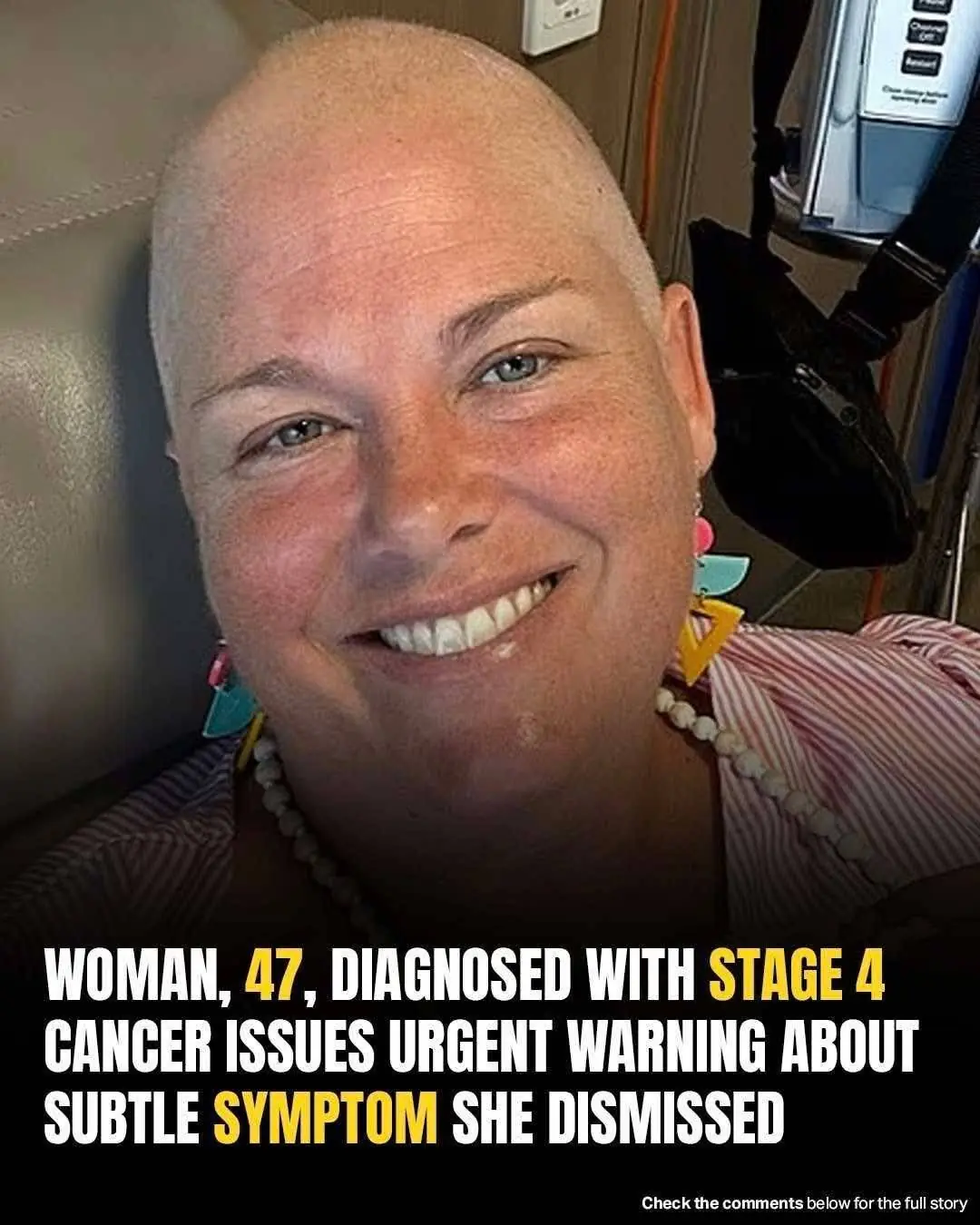
Stage 4 cancer patient warns overlooked minor signs can mask a fatal disease

6 Types of Pain That May Signal Early-Stage Cancer: Don’t Ignore These Symptoms Before It Spreads
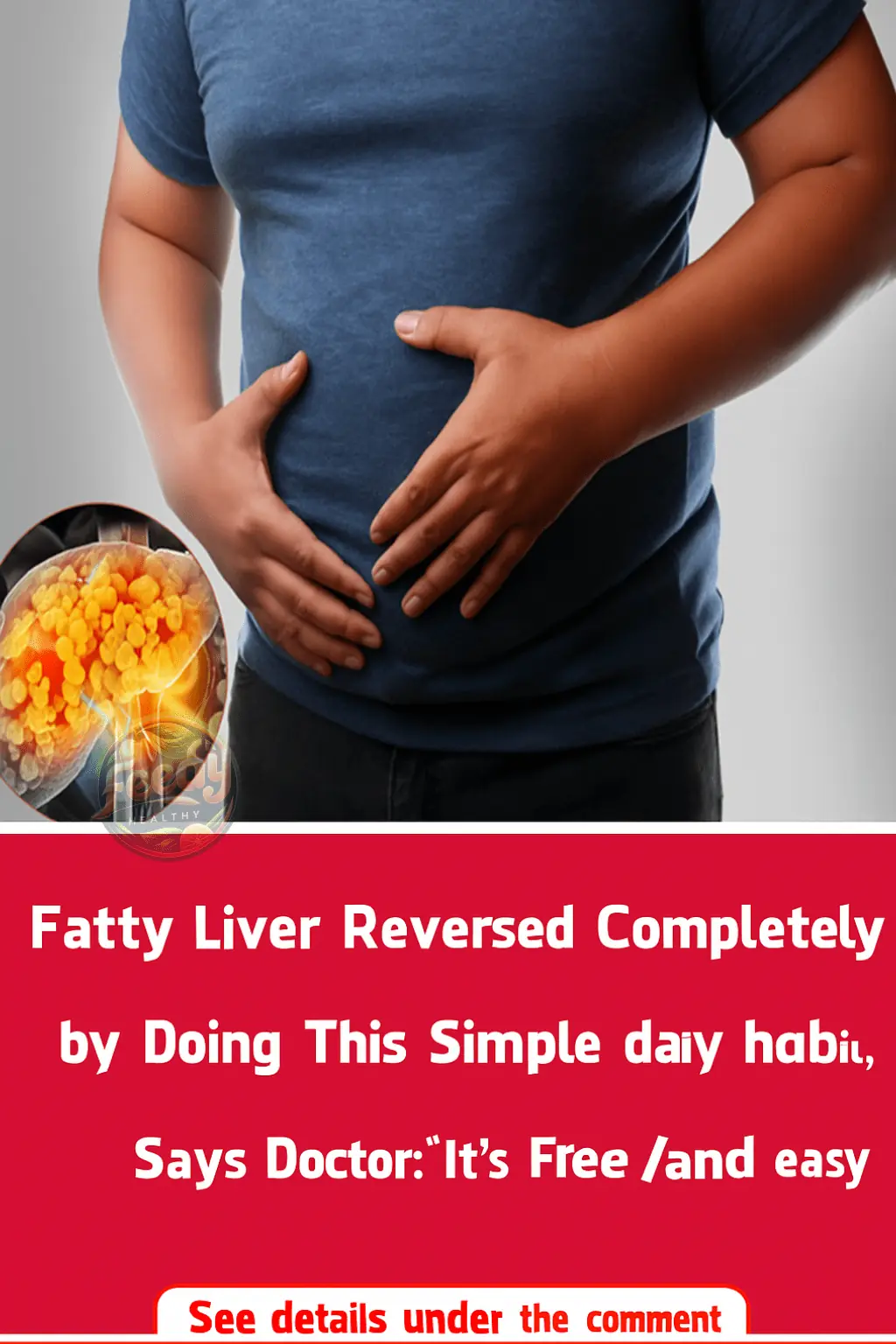
Fatty Liver Reversed Completely by Doing This Simple Daily Habit, Says Doctor: “It’s Free and Easy”
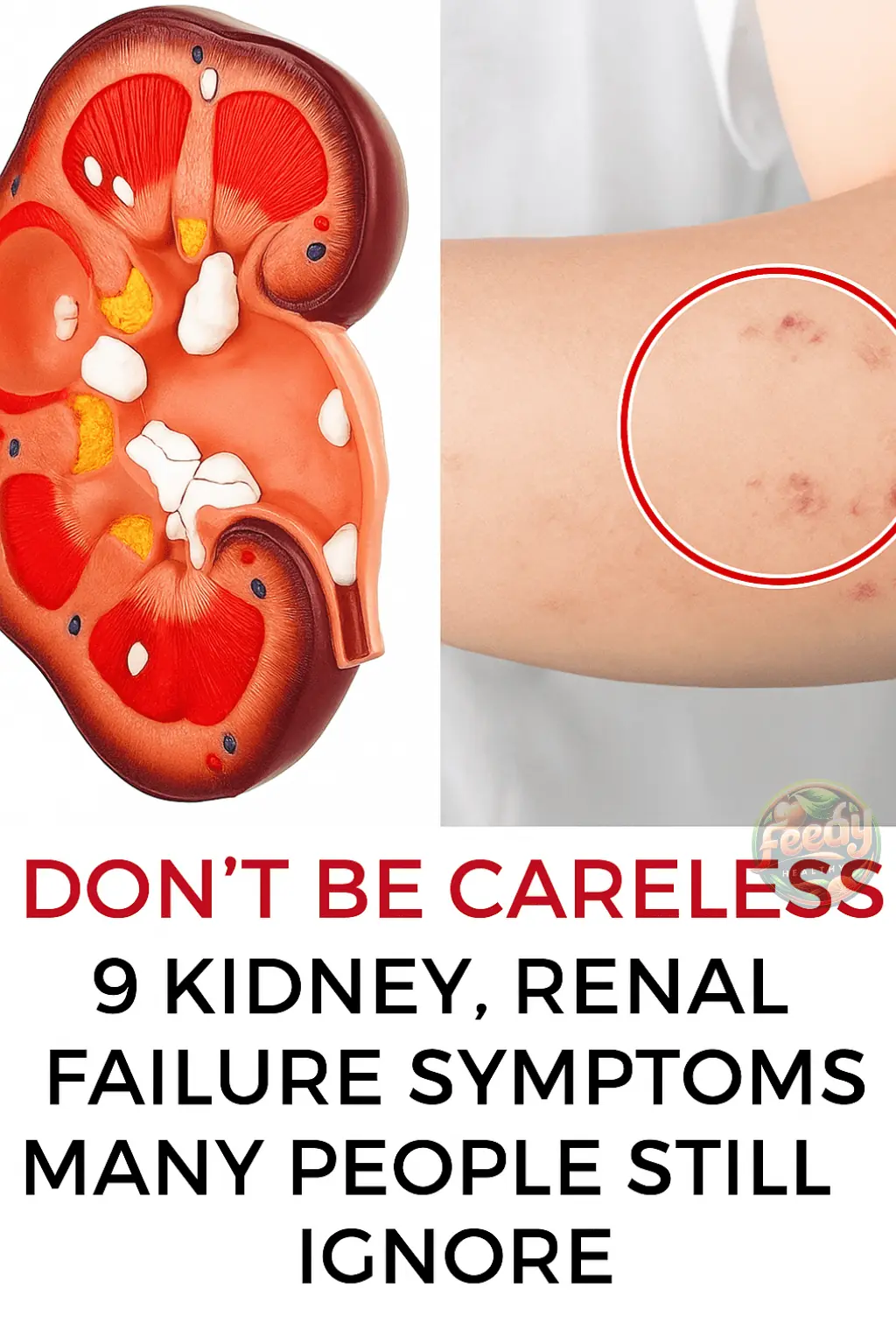
9 Symptoms of Kidney Disease and Kidney Failure Everyone Should Know

Doctor Warns: Common "Money-Saving" Habits May Lead to Cancer – A Family of Three Diagnosed

Honeybee Venom: A Natural Breakthrough in the Battle Against Breast Cancer

5 Concerning Symptoms During Sleep That May Signal an Impending Stroke

Do You Eat Cucumber? Few Know It Helps With THIS – Incredible Benefits of Eating Cucumber for Varicose Veins

DIY Flaxseed Gel Ice cubes for Clear Skin & Large Pores
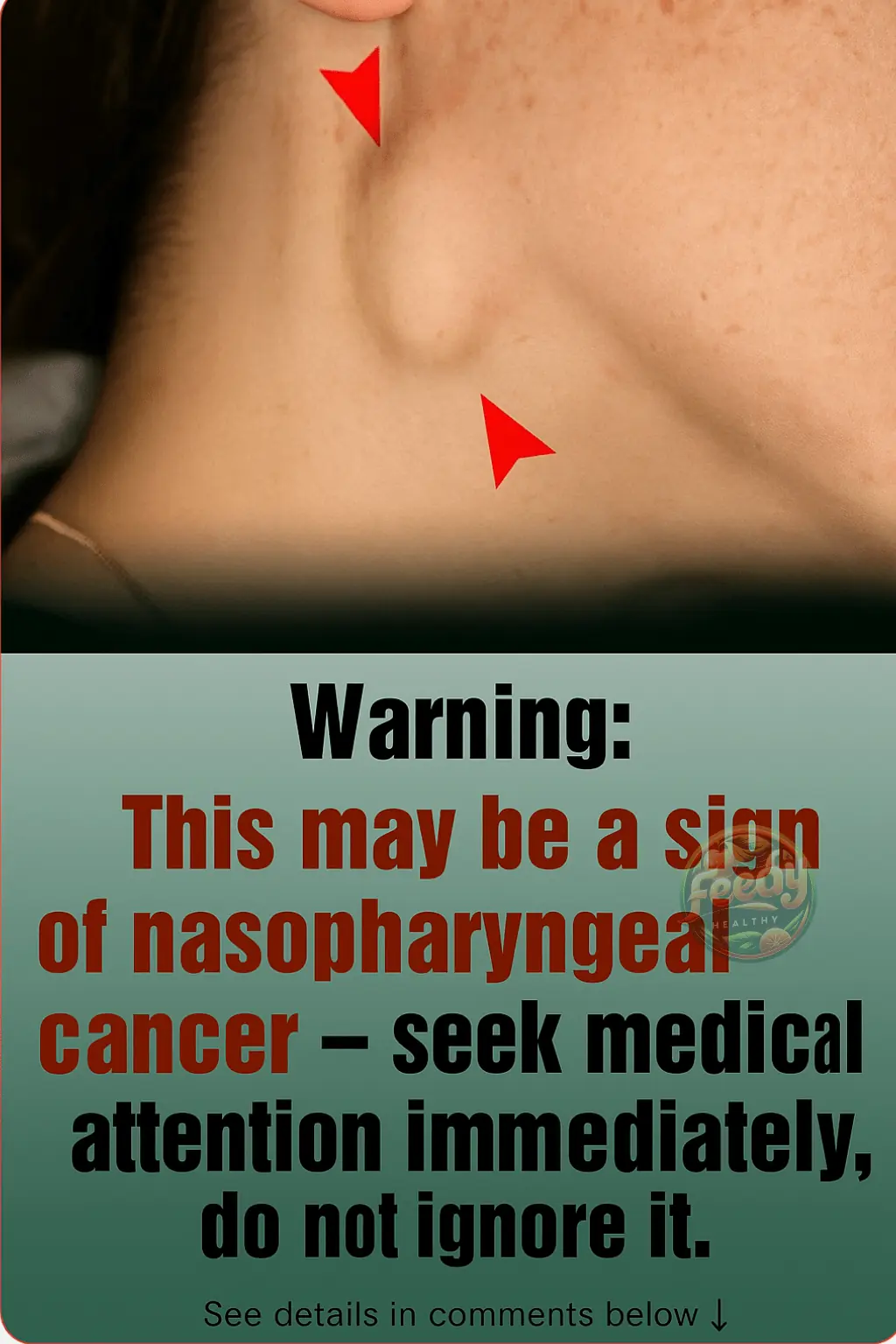
Early Warning Signs That May Indicate Advanced Nasopharyngeal Cancer

Graviola Leaf: A Traditional Remedy with Promising Potential in Cancer Research

How Banana Blossom Can Boost Your Health: Nutritional Benefits and Delicious Recipes

1 Vitamin E Capsule a Day Can Do This For You

Could Contaminated Peanut Butter Raise Liver Health Concerns? What You Should Know About Aflatoxins

Diagnosed with Late-Stage Stomach Cancer, I Realized Too Late: 3 Common Foods Left in the Fridge Were Silent Contributors
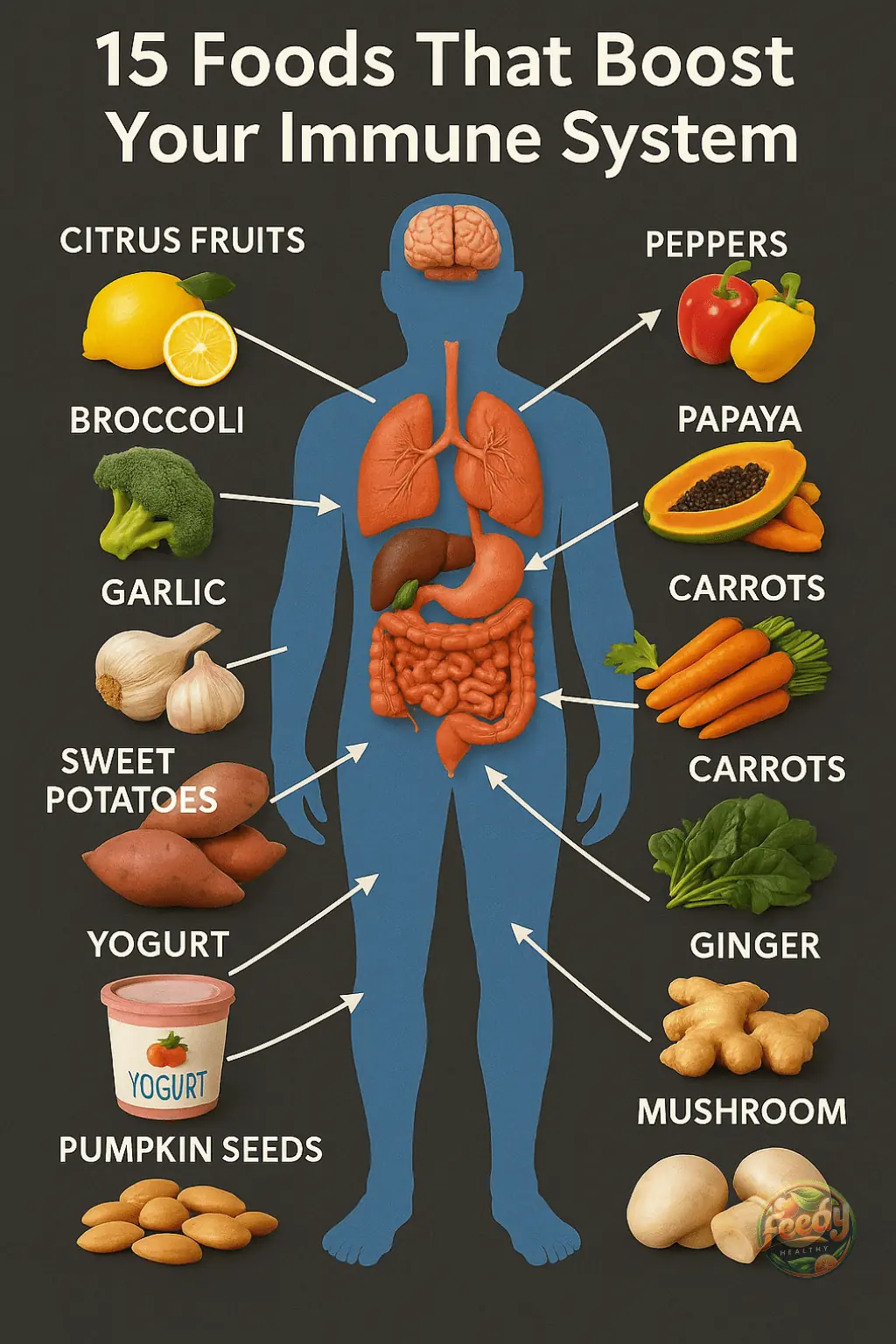
15 Immune-Boosting Foods You Should Add to Your Diet Today
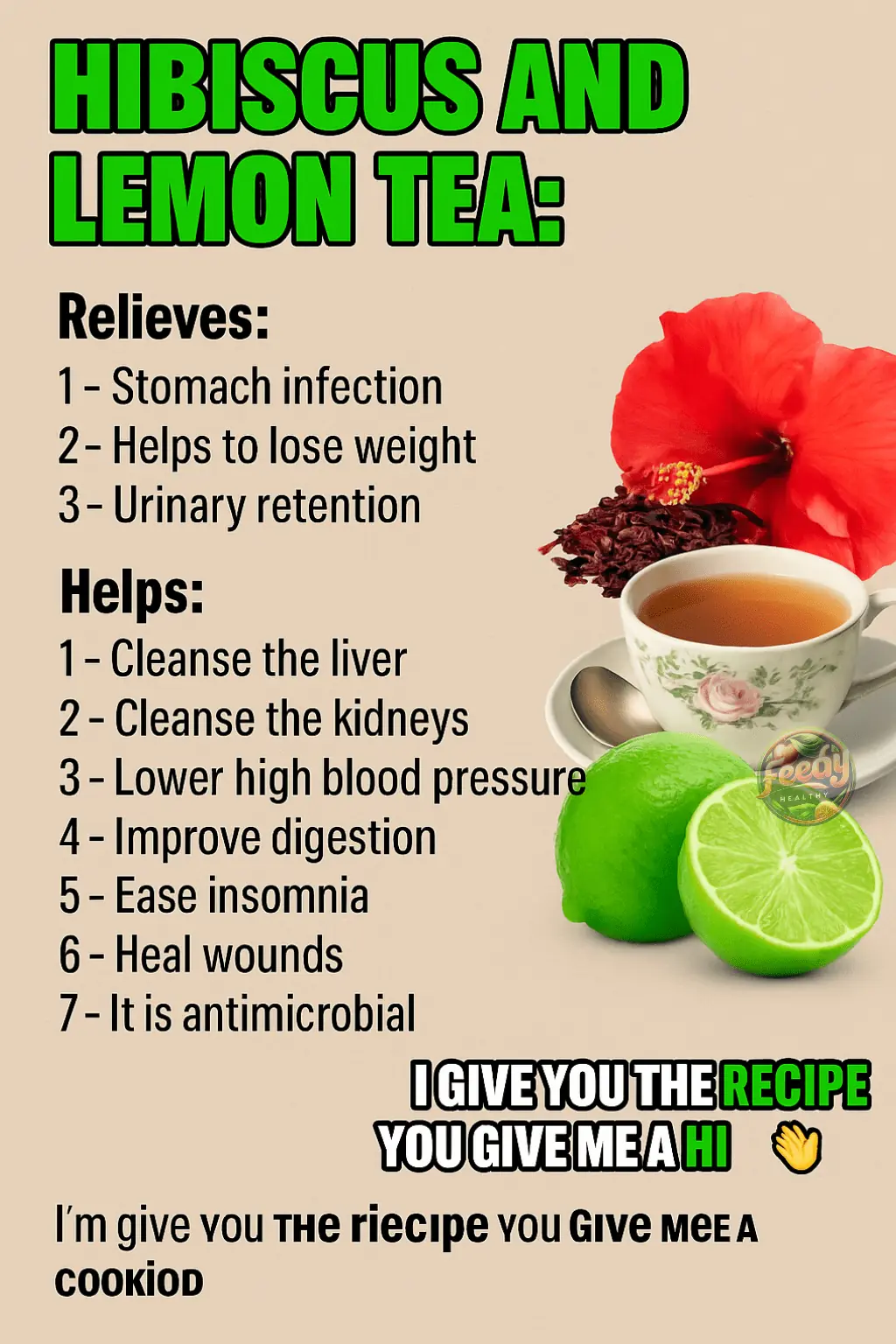
Hibiscus and Lemon Tea 🍋🌺

Don't Suffer Anymore — Eliminate Anemia, Restore Your Vision, and Cleanse Fatty Liver!
News Post

Tourist who was trapped 1,600ft down active volcano for days tragically dies before rescuers get to her

The Ultimate Green Juice for Weight Loss

Natural Remedy to Eliminate Arthritis, Swollen Feet, Poor Circulation & Back Pain

Say Goodbye to Knee Pain and Swollen Feet with This Natural Remedy

A 14-Year-Old Girl Diagnosed with Bowel Cancer Due to Her Mother's Busy Schedule: A Wake-Up Call About 5 Foods Children Should Never Eat for Breakfast

How to Transform Banana Peels into Powerful Homemade Fertilizer In Just 5 Steps

Stage 4 cancer patient warns overlooked minor signs can mask a fatal disease

Vaseline For A Wrinkle-Free, Flawless, Glowing Skin

THE FASTEST WAY TO GROW OKRA NOBODY TALKS ABOUT!

Take a Bite of these Delicious Cabbage and Egg Fritters!
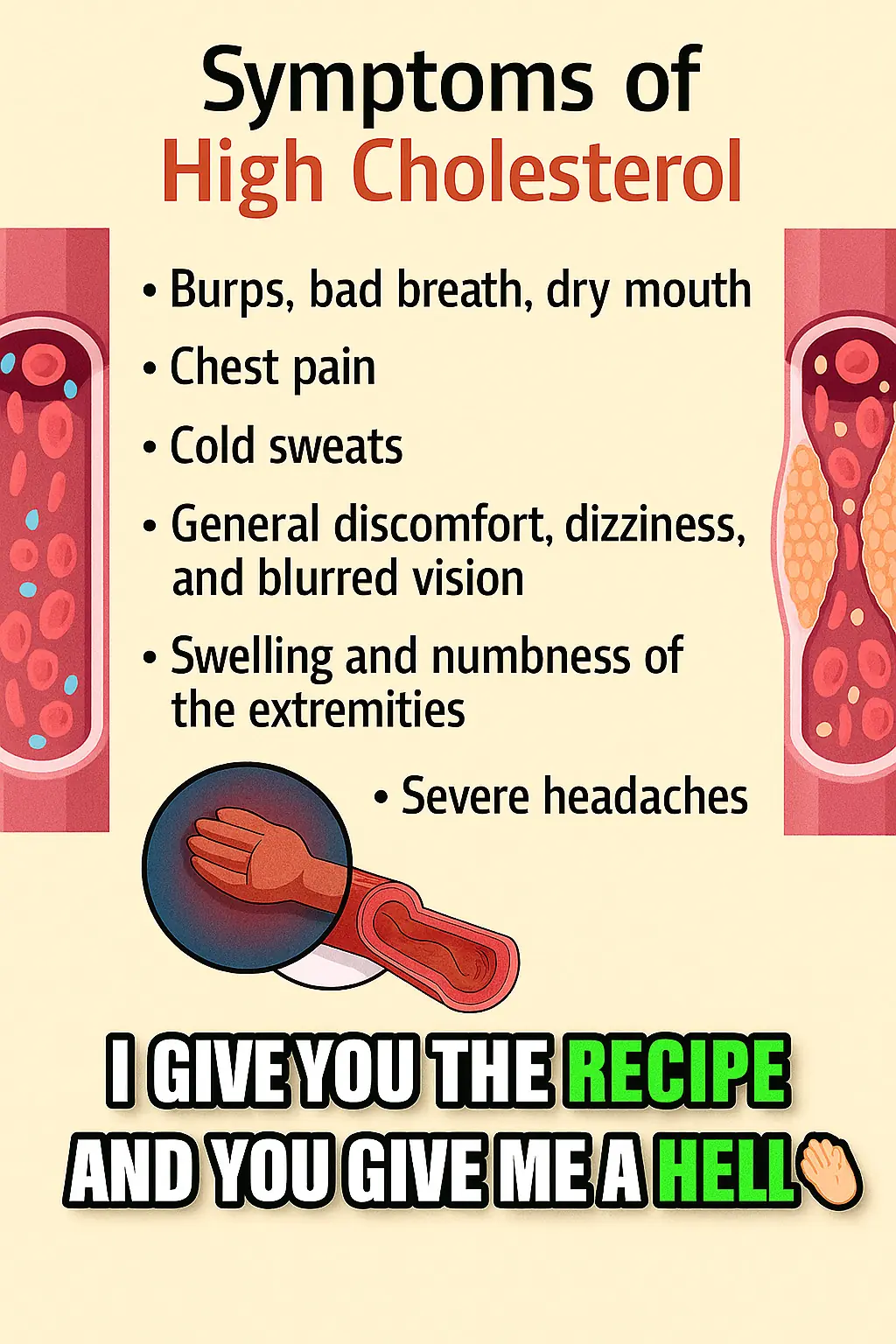
Warning Signs of High Cholesterol You Shouldn’t Ignore

THE ULTIMATE GREEN JUICE FOR WEIGHT LOSS — FLATTEN YOUR STOMACH FAST!
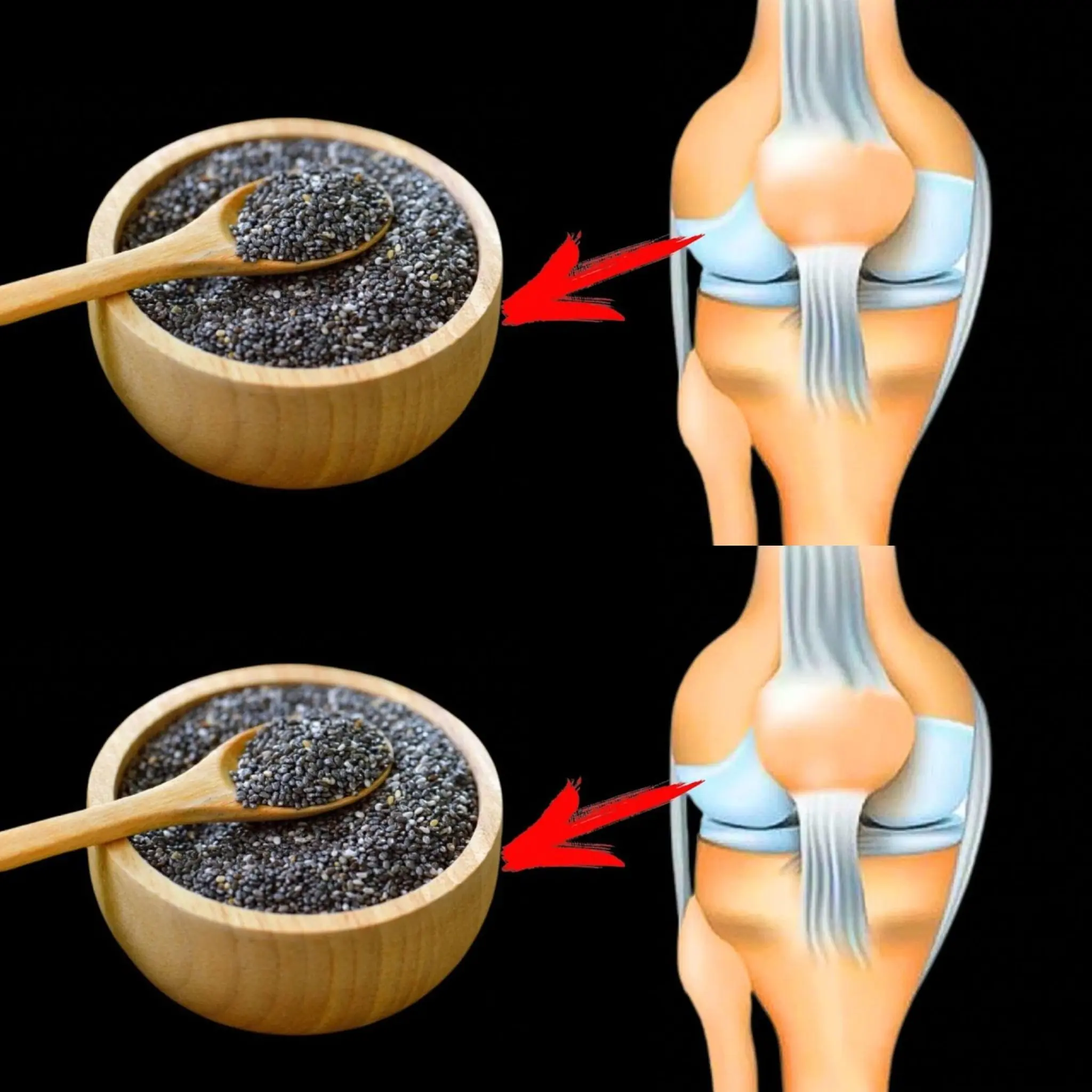
Eat THIS to Restore Knee Cartilage 💥 (Incredibly Fast!) 🤯 – Chia Seeds!

6 Types of Pain That May Signal Early-Stage Cancer: Don’t Ignore These Symptoms Before It Spreads
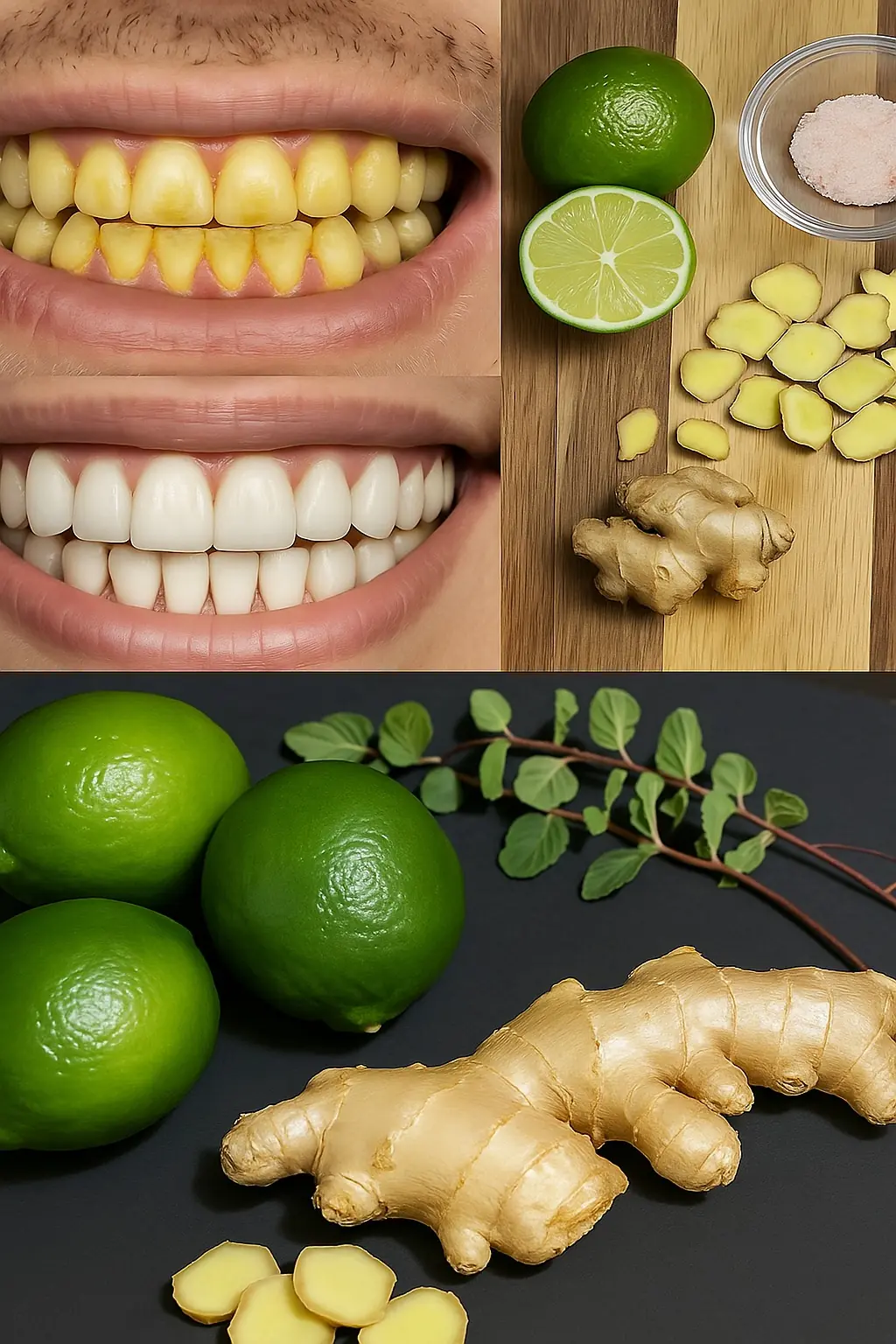
Sparkle Naturally: Transform Your Smile with Ginger and Salt!

10 best teas for your lungs

I soaked my feet in apple cider vinegar. 15 mins later, this is what happened

Improve Your Eyesight with the Power of Carrots! 🥕👀✨
